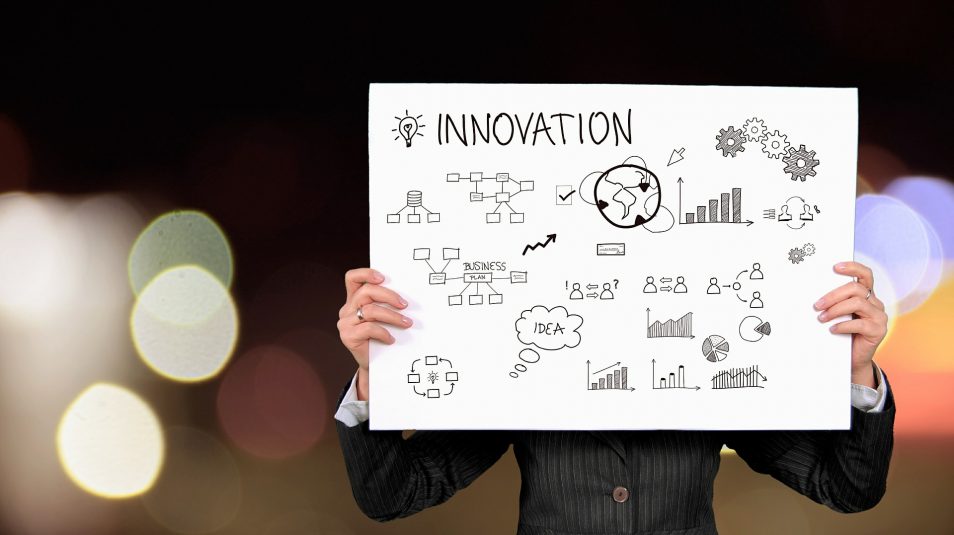Leadership Perspectives: Time to Define This Thing

Personal Development
January 16, 2013
Deborah Parker
Chief Inspirer of The DPJ Training Group
Topics
Change, Self Development, ValuesA lot has been said and written about the concept of leadership through the centuries— from the perspective of servant, philosopher, and consultant to CEO. Now is just as good a time as any to define this mystery word, because it does remain just that to some. So giving form to leadership remains a key act, in order to know how to apply it to our work and lives. To grasp the totality of its meaning provides a good start toward using its tenets.
But there’s a paradox of sorts here.
Like many other concepts, leadership means different things to different people in different situations. People I engage in workplace as well as life or community related conversations, informally survey and those I encounter while conducting seminars on the topic prove that. For this reason I like flushing this variety of perspectives and predicaments out. I'll share a few of my respondent’s definitions, taken from a cross section of demographics. What I did find in these personal renderings is that most perspectives point to leadership as a skill oriented, people, continuous and participatory process.
Question: Define leadership.
Answers:
The ability to reach a common goal through the combined efforts of yourself and others.
-----Female, military reserve officer, government writer
It is the trait and principle of knowing who you are and where you're going on a positive level, by taking control and setting an example for others to follow. The benefit of being a leader is self-worth. You begin to fall all the way in love with yourself, to build a foundation for self and afterwards you are able to build a foundation outside of self.
-----Male, father, beautician
An ability to direct, guide, embody a vision, usually in some type of organizational setting.
-----Female, former advertising and insurance executive
The ability to get people to perform a job and have them enjoy it.
-----Male, Fraternity president
The positive way in which a person shares, directs, or takes on and completes a project with a defined objective.
-----Male, program manager, former college quarterback
The ability to make decisions for oneself or for a group; to positively influence the actions of others.
-----Female, administrative assistant
Influencing people by providing purpose, direction, and motivation, while operating to accomplish the mission and improve the organization.
-----Modified excerpt from US military doctrine
A mix of inner and outer perspectives showed up in these definitions. The take-away: leadership involves an inward journey for outward action.
Then how do we take these actions to lead?
From two places we do this, self and others. It is important to realize that leadership is a life skill and does not stand alone. Incorporating the principles of many other everyday skills, leadership is not a separate entity unto itself and coexists with other elements of life. What we abide by in achieving goals for ourselves and others gives way to its holistic nature.
Leadership, as a route to courageously get to where we want to be, is also a perspective and concept in flux. The times call for this work of being in charge, hinged on an internalized grasp of its fullness. Being able to recognize leadership’s value along with the required skills and tools needed, then use them effectively in spite of self-imposed or organizational barriers, creates our measure of task excellence. Relevant, purposeful, and giving.
How do you define leadership? Make this thing personal.
Image: Photopin (Creative Commons)





Hi,
I would define Leadership as a role which one plays in the entire environment of focus. The Term can be subdivided into three aspects; LEAD; LEADER; SHIP.
It is a role which involves a LEAD.
A person to play this role i.e. LEADER.
A role of carrier i.e. SHIP which moves consignment from one place to another.
So Leadership is a Role of transportation by a person called Leader, who leads the group to its desired destination.
In a company, a CEO is a Leader when it comes to leading in areas of his concern, whereas frontline staff would be a Leader in areas of his concern. An electrician in a company would be a Leader in areas of his concern.
So effectively every person will behave as a Leader in his own area of concern due to the virtue of his abilities to handle the concerned areas. A CEO might be a layman in areas of electrical nature and would rely on the electrician ability to lead all to the desired destination or result.
Well that’s my take on this.
Look forward to hear from you on this.
Gurmeet Singh Pawar
I like the way you divide up the word leadership into roles and definitions.
Thanks for the comment!
I would define leadership as the ability to establish goals which motivate and have others perform better than they expected they could/would.
Yes indeed Ken; goals, motivation and performance are parts of leadership. Thanks!